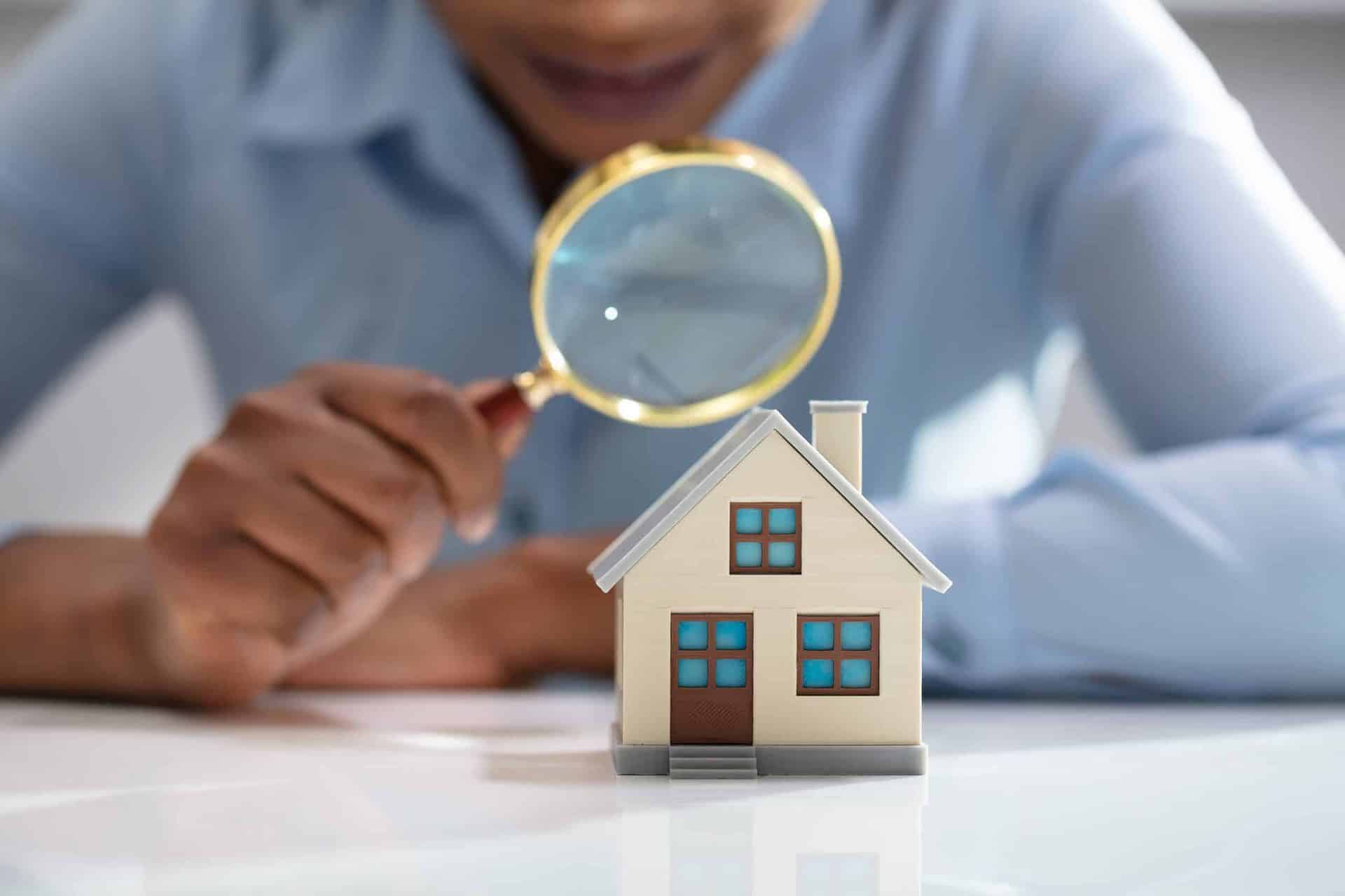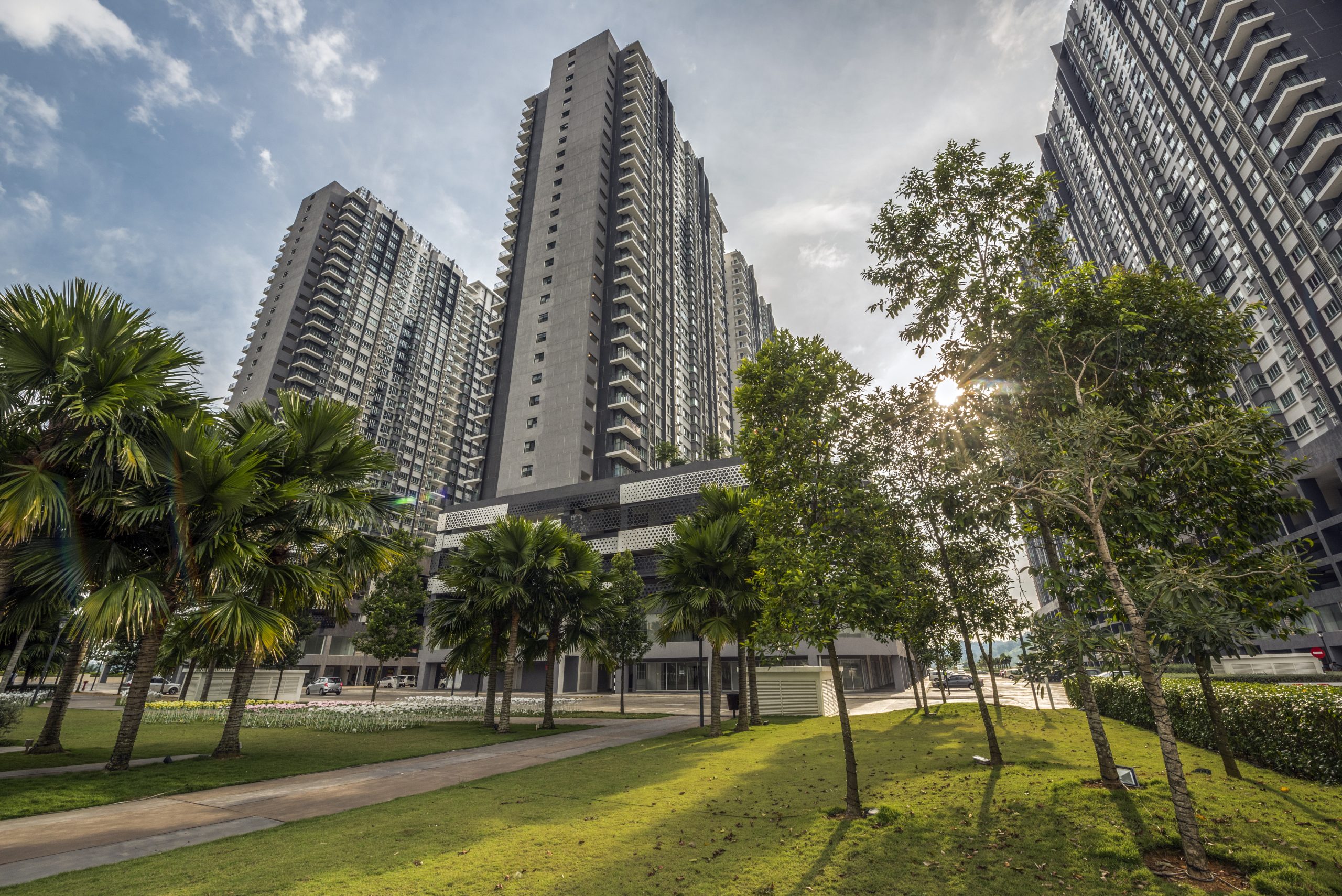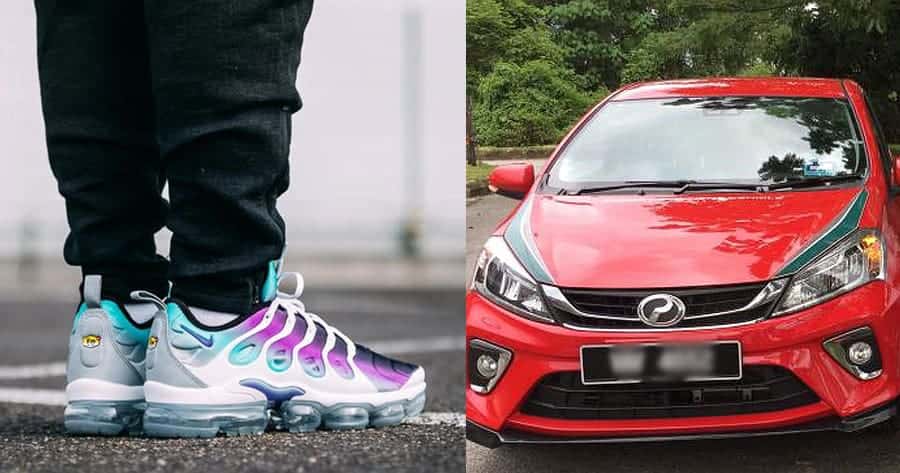Greta Thunberg, a young climate activist from Sweden, recently made headlines around the world for her compelling speech at the United Nations Climate Action Summit 2019. Known for her passionate delivery and ice-cold stare, she raised concerns about global warming and climate change – if we don’t reduce our carbon emissions, this problem would be irreversible without solution.
Love her or hate her, Greta Thunberg has a point. Climate change is definitely a real thing as we see ice melting all over the world, especially on the polar ends. This leads to rising sea levels and in recent years, it has been occurring at a rapid rate of 3.2 millimeters a year. While this might not directly affect the majority of humans, it certainly affects a significant number of wildlife, and as the effects make its way up the food chain, one way or another we will eventually feel the pinch.
So what can we do to help reduce carbon emissions? In the grand scheme of things, every little bit helps and you can play your part-starting in your home!
Switch to LED bulbs
Switching to energy efficient light bulbs is probably one of the easiest things you can do. LED bulbs use only 25–30% of the energy of standard bulbs and are able to last anywhere from 8 to 25 times longer, by up to 60,000 hours! Since energy efficient bulbs consume less energy while providing the same (or more) amount of light, this reduces the carbon emissions produced from light bulbs by up to 90%. Although LED bulbs might cost more, in the long run you’ll save on your electricity bill, lower carbon emissions and purchase bulbs less frequently.
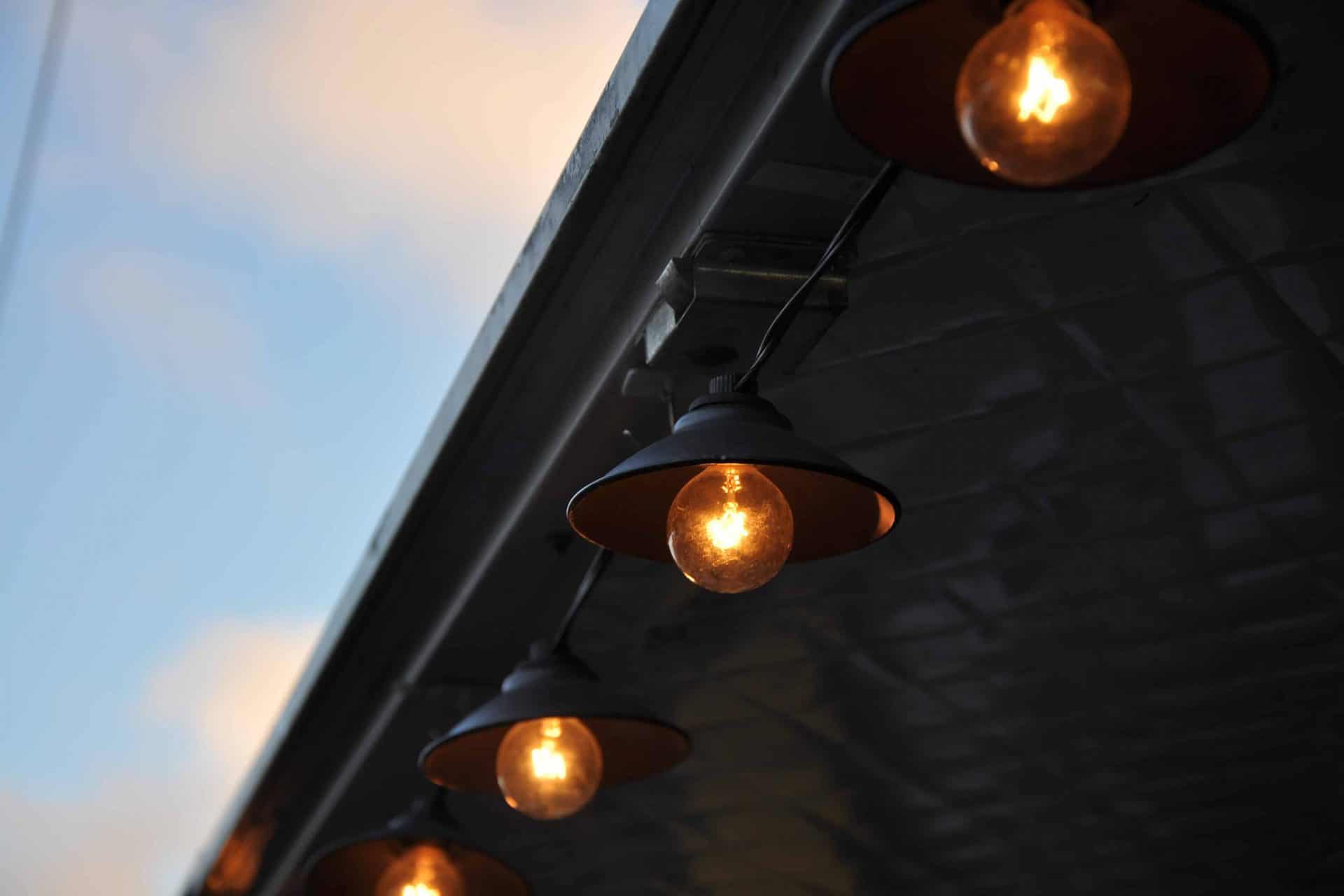
Photo by Marta Serrano on Unsplash
It’s a win-win situation – for you and Mother Earth.
Use water efficiently
Even though 71% of the Earth’s surface is covered in water, 96.5% belongs in the oceans. As a result, this water is too salty for human consumption and with the limitations of our current technology, treating the water is far too costly. With this limited resource, most of the usable water that goes down pipes and drains are recycled, treated, and distributed once again – and this process requires a lot of energy consumption which leads to substantial carbon emissions.
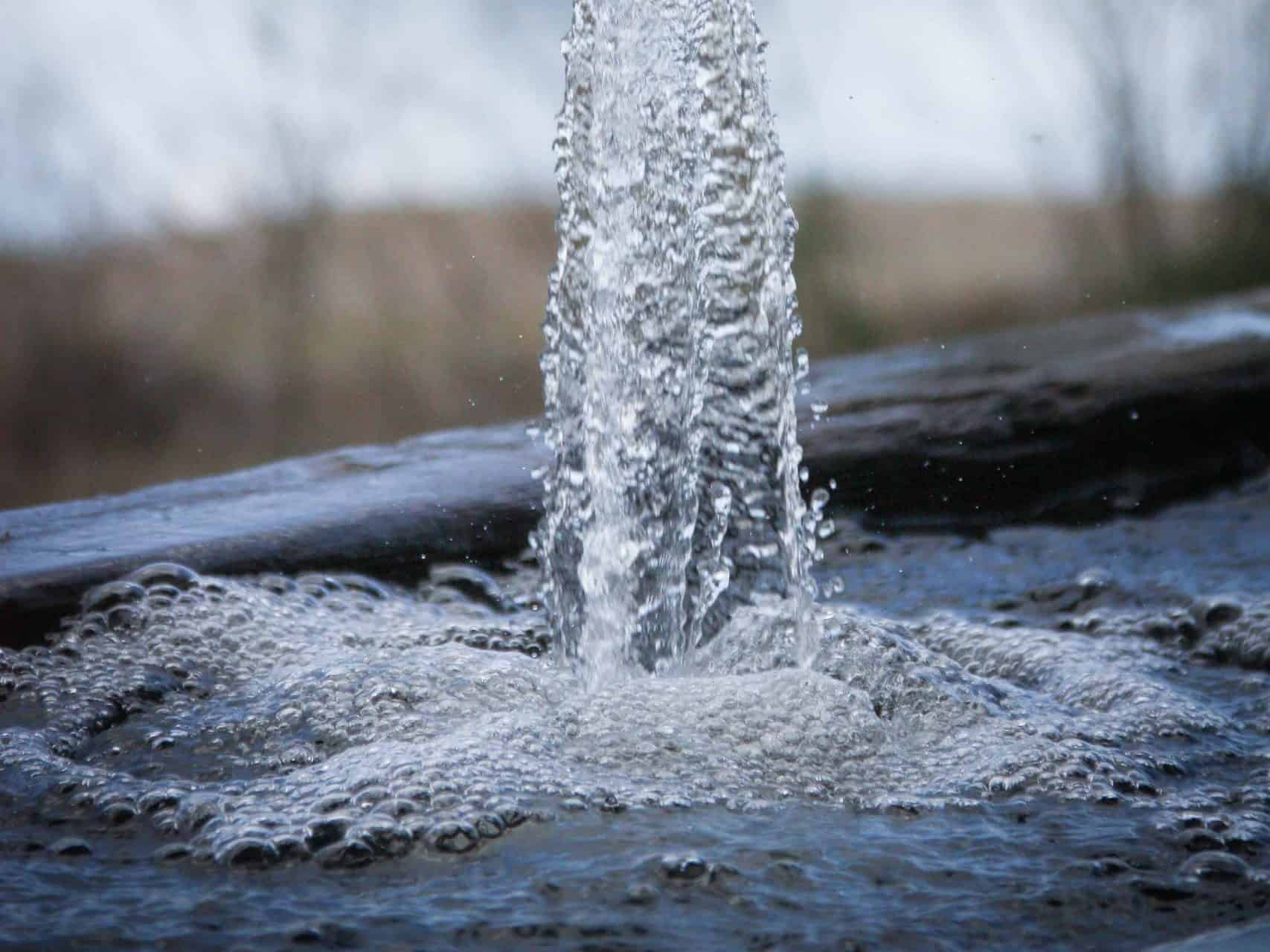
Photo by theverticalstory on Unsplash
So be mindful of the water you use. Take shorter showers, switch off your taps while brushing your teeth and please don’t water your garden while it’s raining.
Unplug your appliances
Most of us tend to leave our unused appliances switched on and plugged in. You may not realize this but the amount of energy that these electronics use is enormous. Even when switched off, some appliances such as laptops and desktops, televisions, surround sound systems and any household items with a clock, still drains energy from the socket.
To be safe, just unplug when it’s not in use or when you’re travelling. After all, reducing the energy consumption in your house lessens your electricity bill, helping the Earth and your wallet.
Make use of sunlight
The sun is by far the biggest energy resource yet in the entire solar system – and Malaysia is a country that sees it throughout the year. This makes solar energy very viable in this region, able to mitigate huge amounts of electricity use and effectively, carbon emissions. Moreover, sunlight is a sustainable and reusable form of energy, only needing solar panels to harvest.
Do consider installing solar panels on your roof. Other than installation fees and low-maintenance cost, the energy you collect from the panels on a daily basis is technically free, helping you save energy on heating water, powering lights, cooking meals and so on.
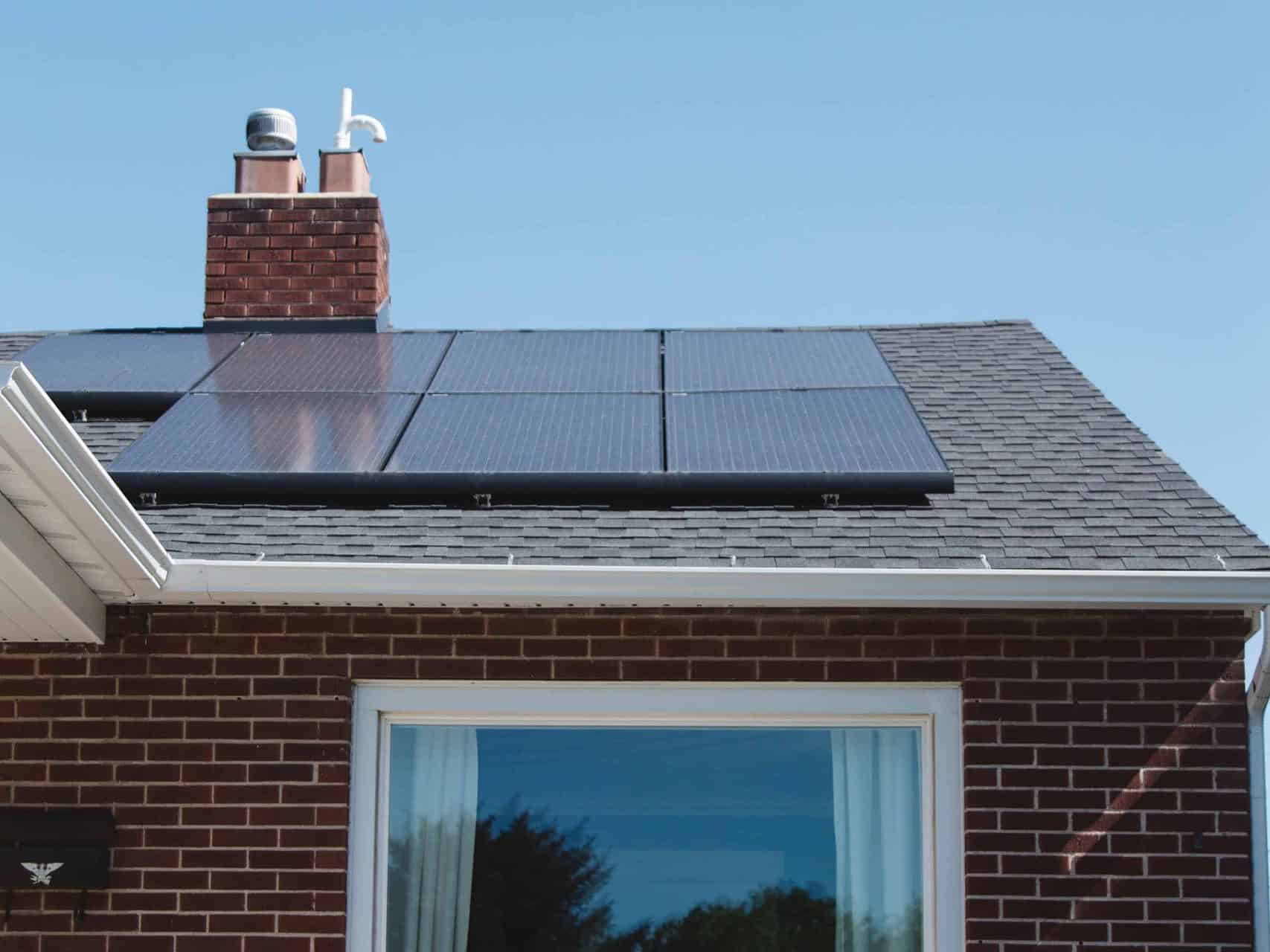
Photo by Vivint Solar on Unsplash
These little changes may not seem like they do much against the mega crisis that is global warming, but imagine the huge positive impact if every household in the city, country, and entire world makes that tiny bit of effort! So before reaching the point of no return, let’s do what we can, while we still can.






